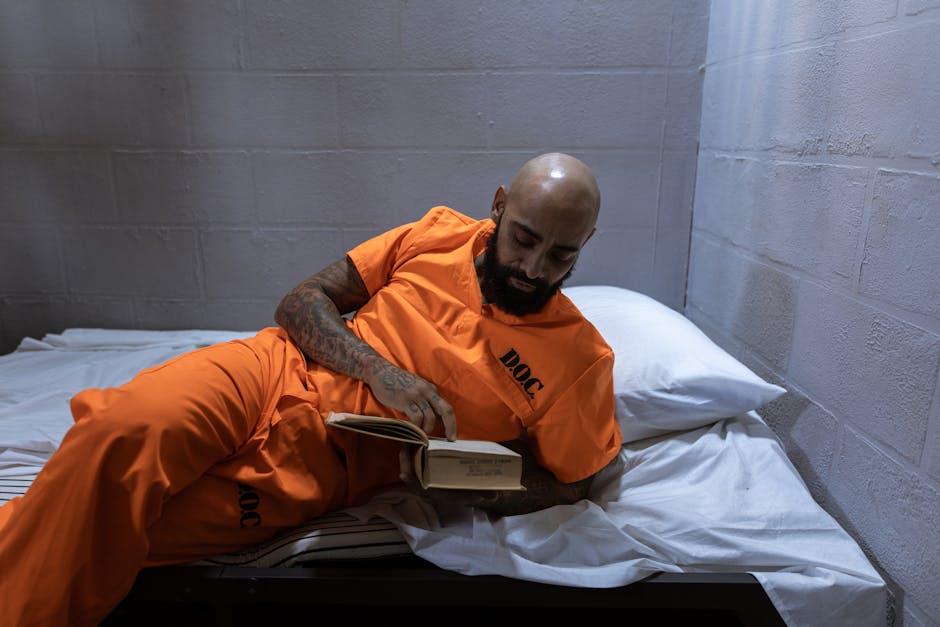Fundamental human rights are the cornerstone of just and equitable societies. A robust legal framework, carefully constructed and diligently enforced, is crucial in ensuring that these rights are not merely theoretical but tangible realities for every individual. This exploration delves into the intricate ways laws protect individual rights, examining various legal instruments, mechanisms, and the crucial role of legal professionals in the process.
A pivotal aspect of safeguarding individual rights lies in the articulation of fundamental principles within constitutions and statutory law. Constitutional provisions, often considered the supreme law of the land, establish basic rights such as freedom of speech, religion, and assembly. These rights, when clearly defined, provide a baseline for evaluating actions and policies. For instance, a constitutionally guaranteed right to a fair trial, as seen in many jurisdictions, acts as a potent safeguard against arbitrary or unjust state actions. Furthermore, specific statutes, legislatively crafted, delineate the scope and limitations of these rights, creating a framework for practical application. Think of laws governing freedom of expression, which often establish exceptions for defamation or incitement to violence, demonstrating the careful balance required in legal protection.
Beyond foundational documents, a plethora of legal mechanisms are deployed to ensure rights are upheld. Administrative agencies, empowered by legislation, play a significant role in implementing laws relating to individual rights. For example, agencies responsible for consumer protection enforce regulations that prevent businesses from engaging in deceptive practices, thus protecting consumers’ rights. Similarly, environmental agencies safeguard public health by ensuring that corporations comply with regulations designed to minimize pollution. The existence of these agencies, backed by legal frameworks, represents a critical aspect of the protection process.
Courts, as the adjudicators of disputes and arbiters of legal interpretation, are indispensable in safeguarding individual rights. Judicial review, a power inherent in many court systems, allows courts to examine whether laws or government actions conform to constitutional guarantees. If a law is found to violate fundamental rights, the court can declare it invalid, thereby protecting individuals from discriminatory or harmful policies. This vital role is demonstrated through court cases involving, for example, racial discrimination or gender equality, where judicial decisions affirm and uphold individuals’ rights.
The role of legal professionals in the process is paramount. Attorneys, advocates, and legal aid organizations provide crucial support to individuals who may be vulnerable or unaware of their rights. They act as advocates in litigation, representing clients’ interests in legal proceedings, thus enabling a fair process. Furthermore, legal scholars and academics contribute by critically analyzing the legal framework, contributing to a more nuanced understanding of how laws can better safeguard individual rights. These professionals interpret laws, identify gaps, and suggest reforms to improve protections.
A central component of effective individual rights protection is an accessible and functional legal system. An efficient court system, coupled with access to legal aid, ensures that individuals who are unable to afford legal representation have a reasonable chance of obtaining justice. This accessibility translates into a broader protection for rights, enabling everyone, regardless of social status or financial capacity, to utilize the system to ensure that their rights are upheld.
Nonetheless, legal protection is not a static ideal. Societal changes, emerging technologies, and new challenges often necessitate adjustments to the legal framework. For example, advancements in technology have raised concerns about privacy and data security. Laws need to evolve to address these concerns, establishing appropriate mechanisms to protect personal information while still fostering technological innovation. In this dynamic context, continual dialogue and reform of the legal framework are critical for ensuring that rights remain relevant and effective.
Specific examples showcasing how laws are employed to protect individual rights can include cases of police misconduct, where laws regarding arrest and search procedures are crucial. These laws, when properly enforced, act as constraints on potentially abusive actions by law enforcement. Or consider cases involving labor rights, where regulations regarding fair wages and working conditions protect vulnerable employees. These examples underscore the practical application of legal frameworks in day-to-day life.
International human rights instruments play a significant role in expanding the scope of protection. Organizations like the United Nations, through declarations and covenants, establish universal standards for human rights. These instruments, while not directly enforceable in every country, exert considerable influence in shaping national legal frameworks and promoting a global culture of respect for human rights. This illustrates how international cooperation and shared norms are pivotal in advancing individual rights on a wider scale.
In conclusion, laws serve as a crucial shield to protect individual rights. A comprehensive legal framework, bolstered by vigilant courts, active administrative agencies, and engaged legal professionals, creates a system designed to ensure these rights are not merely theoretical notions, but concrete safeguards in everyday life. However, the legal system is a living entity and requires continuous evaluation and adaptation to meet the evolving needs and challenges of a dynamic society. The constant striving to refine and improve the legal framework, recognizing its importance in ensuring justice and equality, remains paramount.
